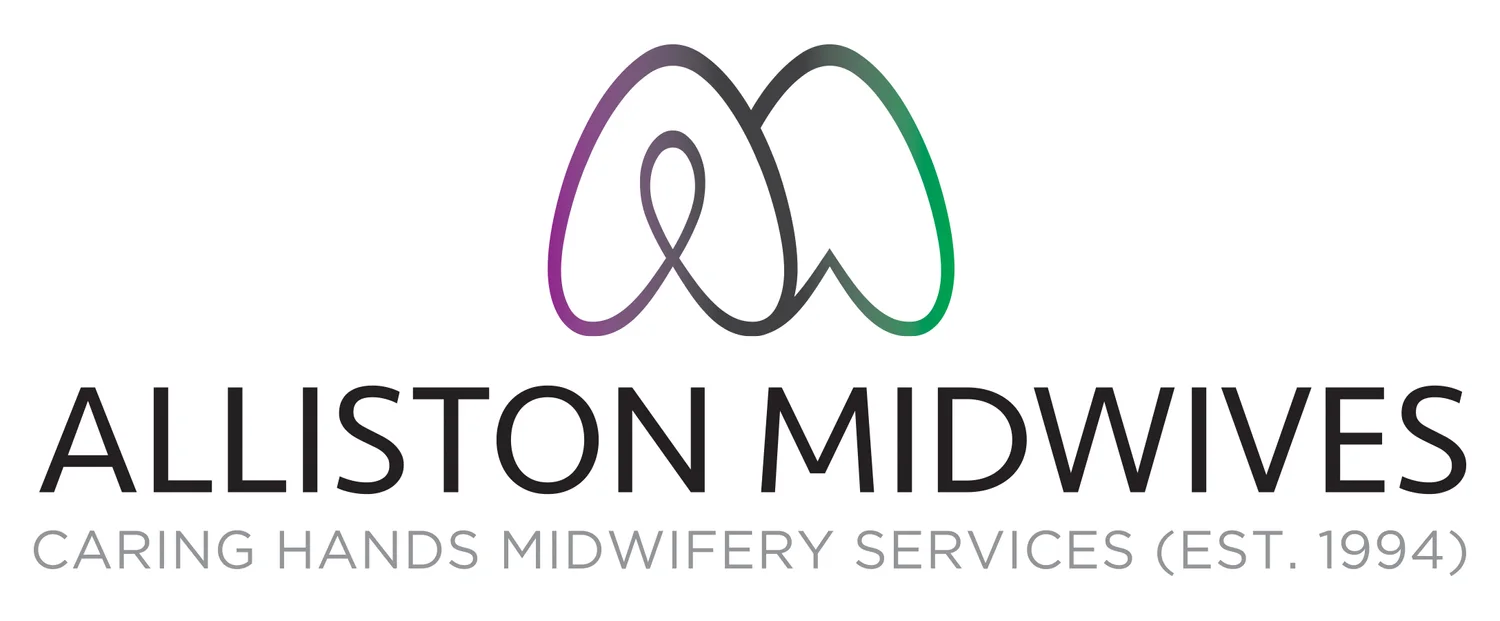What do midwives do?
Midwives provide primary care to women throughout normal pregnancy, labour, and birth. They also provide care to both mother and baby during the first six weeks following birth.
What kind of training do midwives have?
Midwives qualify for registration either by graduating from the Ontario Midwifery Education Program, which is a four-year university degree program, or by successfully completing the International Midwifery Pre-registration Program for foreign-registered midwives offered through the continuing education division at Ryerson University.
What does it cost to have a midwife?
There is no fee for midwifery services. The Ontario Ministry of Health and Long-Term Care provides full funding for the services of midwives. There are no out-of-pocket fees for women wishing to access the care of a midwife.
What happens if complications arise for my baby or me?
Depending on the complication, it may be something that your midwife can manage directly. We may also refer you or your baby to your family physician, an obstetrician, pediatrician or other specialist, depending on the nature of the concern.
Can midwives order ultrasounds and blood tests?
Yes, your midwife can order all routine pregnancy-related tests including ultrasounds, laboratory and diagnostic tests, PAP tests and swabs, as well as genetic screening.
Where can I have my baby?
You may choose a home or hospital birth. Whichever setting you choose, you and your baby will receive comprehensive and safe care.
How often will I see my midwife?
Visits to a midwifery clinic occur on a regular basis, during which time midwives provide clinical examinations, counseling and education. Appointments are 30 to 45 minutes long. Regular prenatal visits take place once a month until the 28thweek of your pregnancy, then every two weeks until the 36th week, and then once a week until your baby’s birth.
Midwives are on call for emergencies 24 hours a day. Your midwives remain the primary care providers for you and your baby for the first 6 weeks after your baby is born.
Can I have a midwife and a doctor?
You choose either a midwife or a doctor for your pregnancy, birth and newborn care. Midwives, obstetricians and family physicians are all primary care providers with sole responsibility for your care. In rare circumstances an expectant mother’s care may need to be transferred to an obstetrician. In this situation the midwife may provide supportive care.
How do I get the greatest benefit from midwifery care?
There are many ways to draw maximum benefit from midwifery care:
- Be an informed and active participant in your care.
- Use our lending library to further your knowledge.
- Write your questions down and bring them to your visits.
- Attend information sessions about maternity services in your community.
What do women most like about midwifery care?
In our experience, the three things that women appreciate the most about midwifery care are having a known care giver at their labour and birth; in-home breastfeeding support and teaching in the first week after the birth; a great deal of information that helps them make the best choices for them and their family.
